Keynote speakers
We are proud to welcome 6 outstanding keynote speakers to this year’s Young Scientist Cancer Congress (YS2C). Each of them brings a unique perspective on cancer research, from clinical innovation to fundamental biology.
👉 Below, you’ll find the list of invited speakers, their biosketches, and the time of their presentations.
In addition, we are honored to host a Scientific Editor from Nature Cancer, who will share valuable insights on scientific publishing. To learn more, please visit the dedicated page:
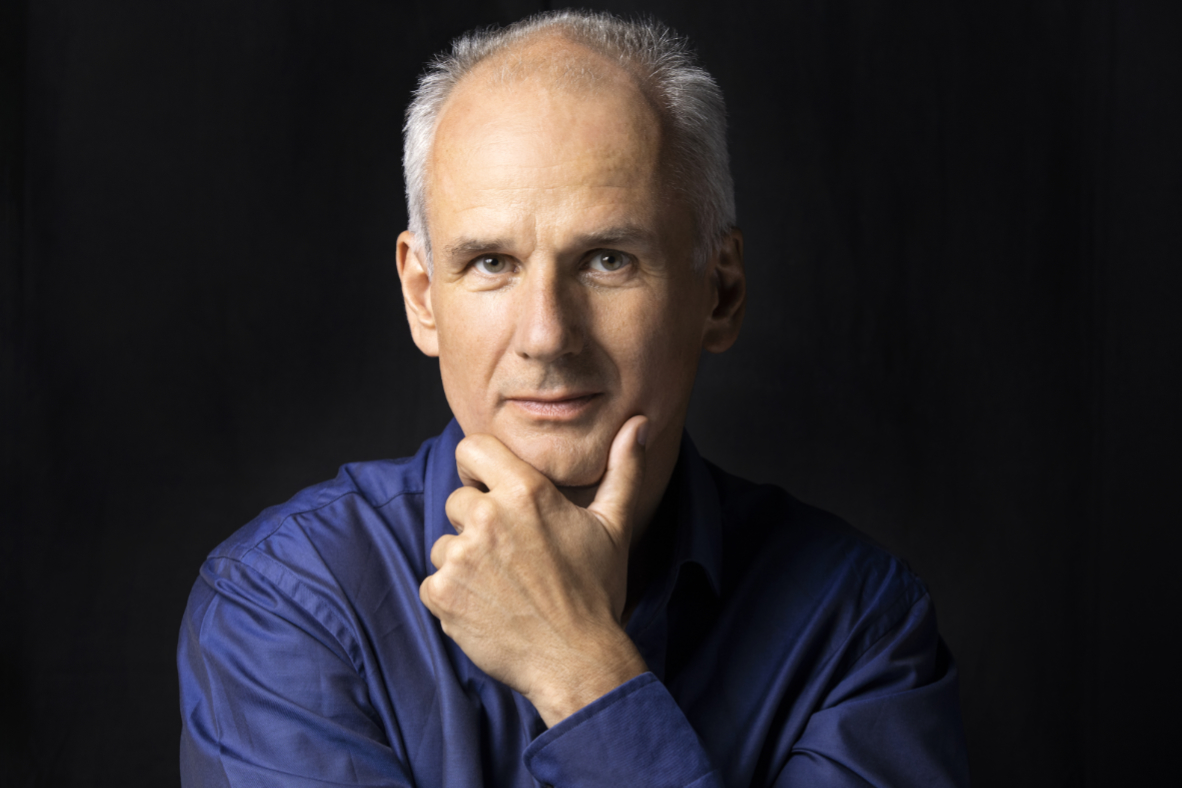
Prof. Nikolaus Rajewsky
Scientific & Founding Director, Berlin Institute for Medical Systems Biology (BIMSB), Max Delbrück Center, Berlin, Germany
Session 2: Genome regulation
October 9, 2025 — 14:00 – 14:45
Nikolaus Rajewsky's made fundamental contributions to understanding the function and mechanisms by which RNA regulates gene expression in health and in disease. He uses a Systems Biology approach and combines data sciences and Biochemistry/Molecular Biology. He is a pioneer in single-cell and spatial Biology and is applying these technologies to human tissue samples and (human) model systems to identify and prevent the early onset of diseases.
In 2008 he founded and since then directs the "Berlin Institute for Medical Systems Biology" (MDC-BIMSB). He chaired the international recruitment of ~30 group leaders who have or are working at BIMSB. Here, scientists use a combination of innovative experimental and computational approaches to understand and integrate different levels of gene regulation, ranging from DNA 3D conformation to cell-cell communication. Intense collaborations with the Charité Hospital Berlin lead to new diagnostic and therapeutic approaches.
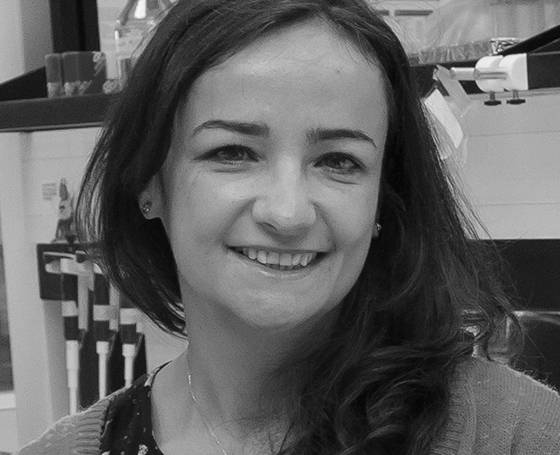
Dr. Maite Huarte
CIMA Pamplona, Spain
Session 2: Genome regulation
October 9, 2025 — 16:05 – 16:45
Dr. Maite Huarte is a Spanish molecular biologist and principal investigator at the Center for Applied Medical Research (CIMA) of the University of Navarra in Pamplona. She leads the Noncoding RNA and Cancer Genome Regulation group, focusing on the role of long noncoding RNAs (lncRNAs) in cancer development and therapy resistance. After earning her PhD at the Universidad Autónoma de Madrid and conducting postdoctoral research at the Broad Institute of MIT and Harvard, she returned to Spain in 2010 to establish her research program. Her work has been recognized with prestigious European Research Council grants, including a Starting Grant in 2011 and a Consolidator Grant in 2017. Her research aims to uncover how noncoding regions of the genome influence DNA replication and tumor progression, with the goal of identifying novel therapeutic targets. She also collaborates on projects addressing colorectal cancer resistance and is supported by international organizations such as Worldwide Cancer Research.
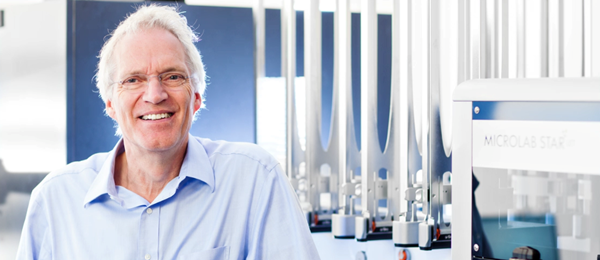
Dr. René Bernards
Functional cancer genetics at Netherlands Cancer Institute
Session 5: Tumor genetics in cancer treatment
October 10, 2025 — 16:10 – 16:55
René Bernards is a Dutch cancer biologist and professor of molecular carcinogenesis at Utrecht University and the Netherlands Cancer Institute. After earning his PhD from Leiden University in 1984, he conducted postdoctoral research with Robert Weinberg at the Whitehead Institute and later served as assistant professor at Harvard Medical School. He returned to the Netherlands in 1992 to lead a research group focused on cancer genetics. Bernards is internationally recognized for his work on functional cancer genomics and drug resistance, including the development of synthetic lethal strategies and co-founding of Agendia, which commercialized the breast cancer test MammaPrint. He is a member of the Royal Netherlands Academy of Arts and Sciences, the National Academy of Sciences (USA), and the Royal Society (UK). His contributions to cancer research have earned him numerous honors, including the prestigious Spinoza Prize.
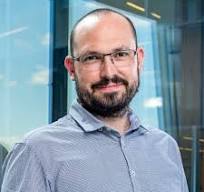
Dr. Olivier Calvayrac
Researcher, Centre de Recherches en Cancerologie de Toulouse, France
Session 3: Innovative approaches in solid tumors
October 10, 2025 — 09:00 – 09:45
Olivier Calvayrac’s research primarily aims to unravel the molecular mechanisms and signaling pathways driving lung cancer progression and resistance to targeted therapies. His studies place particular emphasis on the Rho GTPase family, which regulates a broad range of signal transduction pathways in response to cellular stress. Since joining the CRCT in 2012, he has pursued his projects with a strong translational approach, working closely with clinicians to combine in vitro, in vivo, and patient data. This strategy enhances the clinical relevance of his findings and supports the transfer of fundamental discoveries into patient care.
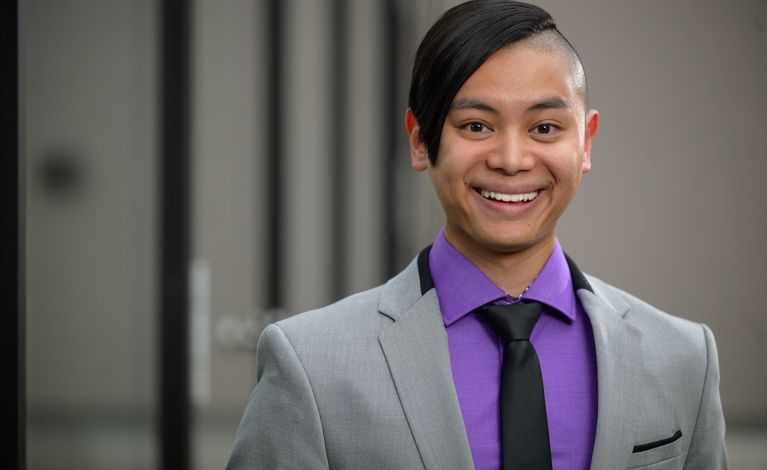
Dr. Maik Luu
University of Wurzburg, Germany
Session 3: Innovative approaches in solid tumors
October 10, 2025 — 11:25 – 12:10
Dr. Maik Luu is a German human biologist and assistant professor at the University Hospital Würzburg, where he leads a research group at the Chair of Cellular Immunotherapy. His work focuses on enhancing CAR-T cell therapies by leveraging microbiome-derived metabolites to improve efficacy against solid tumors. Luu earned his doctorate from Philipps University Marburg, studying immune responses to gut bacteria and their metabolites. In 2023, he was appointed to a tenure-track professorship in translational medicine. His innovative research has been recognized with several honors, including the Emerging Investigators EHA-EBMT Joint Fellowship Award and selection to the Junge Kolleg of the Bavarian Academy of Sciences in 2025. Luu is also a scientific project manager for the EU-funded T2EVOLVE initiative, aiming to advance next-generation immunotherapies.
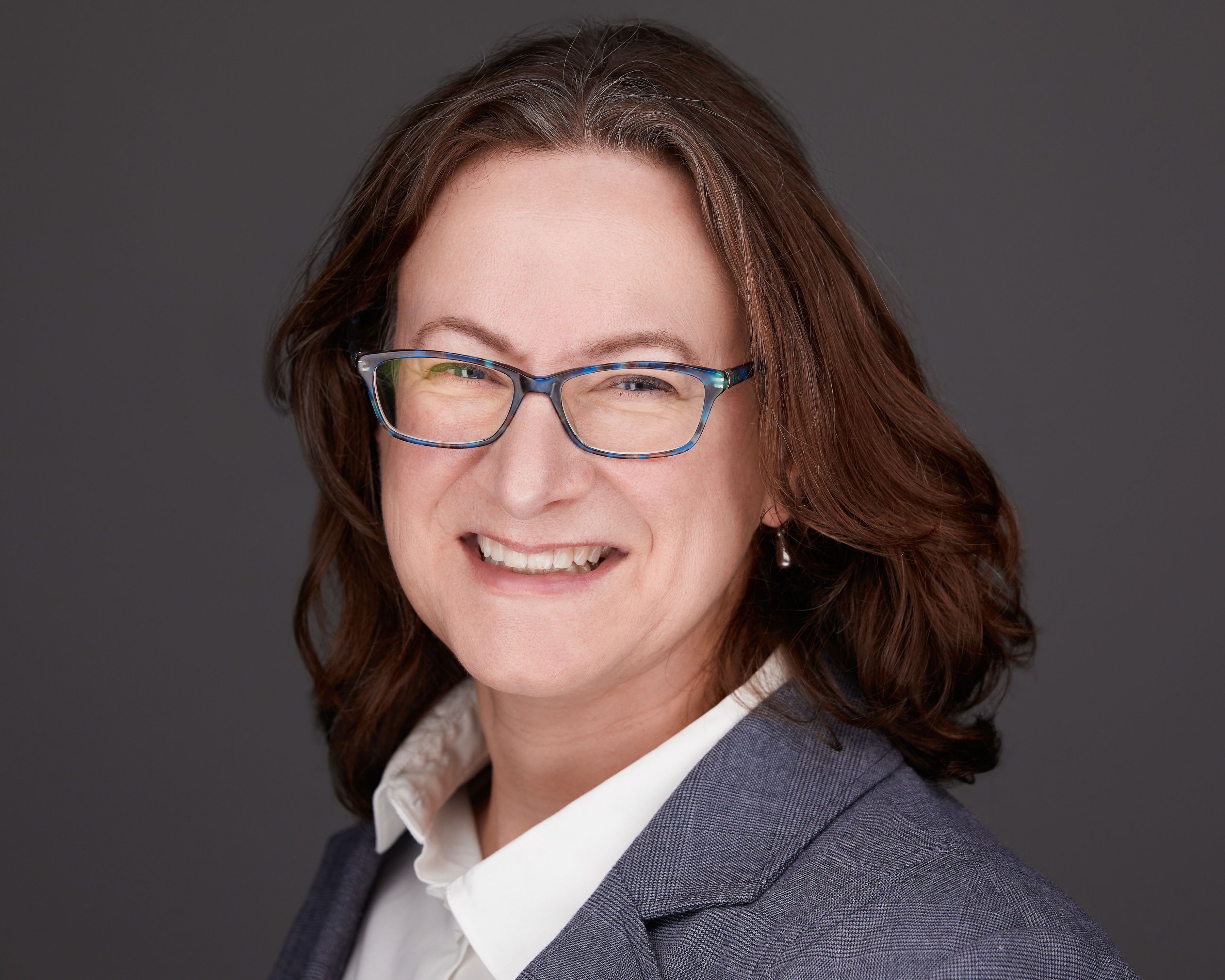
Dr. Elisabeth Bik
Elisabeth Bik, consultant at Harbers Bik LLC
Session 4: Science Integrity
October 10, 2025 — 14:05 – 14:50
Elisabeth Bik, PhD is a Dutch-American microbiologist who has worked for 15 years at Stanford University and 2 years in industry. Since 2019, she is a science integrity volunteer and consultant who scans the biomedical literature for images or other data of concern. She has found over 8,000 scientific papers, and her work resulted in over 1,300 retractions and another 1,000 corrections. For her work in science communication and exposing research misconduct, she received the 2021 John Maddox Prize and the 2024 Einstein Foundation Award.